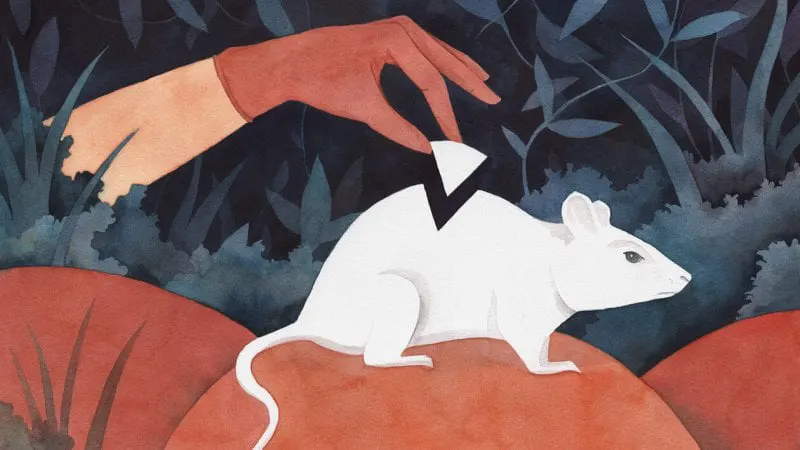A million animal and plant species are at risk of extinction. Could we tweak their genes to help them adapt to a changing world?
A million animal and plant species are at risk of extinction. Could we tweak their genes to help them adapt to a changing world?


The United Nations has warned that about a million animal and plant species are at risk of extinction. In response, conservation breeding programs are ramping up to boost and protect populations.
The problem is that while conservation breeding can prevent extinction, it doesn’t allow threatened species to survive in the wild in the face of these difficult to mitigate threats.
This is where Targeted Genetic Intervention (TGI) comes in.
TGI works by adapting methods that are successfully used in agriculture and medicine in which an individual’s genetics are tweaked in ways that, when passed on to the wider population through breeding, can change the traits of a species to improve its survival.
Two of the most promising approaches in this toolkit include artificial selection and synthetic biology.
…
While these methods frequently figure in science fiction and are sometimes feared for their unintended consequences, the real science of synthetic biology is gaining traction in the conservation community due to its many benefits.
Additionally, a recent public opinion survey conducted by the Commonwealth Scientific and Industrial Research Organisation (CSIRO) indicates that the public are moderately-to-strongly supportive of use of synthetic biology approaches for conservation.
This is an excerpt. Read the original post here.

 | Videos | More... |

Video: Nuclear energy will destroy us? Global warming is an existential threat? Chemicals are massacring bees? Donate to the Green Industrial Complex!
 | Bees & Pollinators | More... |

GLP podcast: Science journalism is a mess. Here’s how to fix it

Mosquito massacre: Can we safely tackle malaria with a CRISPR gene drive?

Are we facing an ‘Insect Apocalypse’ caused by ‘intensive, industrial’ farming and agricultural chemicals? The media say yes; Science says ‘no’
 | Infographics | More... |

Infographic: Global regulatory and health research agencies on whether glyphosate causes cancer
 | GMO FAQs | More... |

Why is there controversy over GMO foods but not GMO drugs?

How are GMOs labeled around the world?

How does genetic engineering differ from conventional breeding?
 | GLP Profiles | More... |

Alex Jones: Right-wing conspiracy theorist stokes fear of GMOs, pesticides to sell ‘health supplements’




 Viewpoint — Fact checking MAHA mythmakers: How wellness influencers and RFK, Jr. undermine American science and health
Viewpoint — Fact checking MAHA mythmakers: How wellness influencers and RFK, Jr. undermine American science and health Viewpoint: Video — Big Solar is gobbling up productive agricultural land and hurting farmers yet providing little energy or sustainabilty gains
Viewpoint: Video — Big Solar is gobbling up productive agricultural land and hurting farmers yet providing little energy or sustainabilty gains Trust issues: What happens when therapists use ChatGPT?
Trust issues: What happens when therapists use ChatGPT? Fighting deforestation with CO2: Biotechnology breakthrough creates sustainable palm oil alternative for cosmetics
Fighting deforestation with CO2: Biotechnology breakthrough creates sustainable palm oil alternative for cosmetics California, Washington, Oregon forge immunization alliance to safeguard vaccine access against federal undermining
California, Washington, Oregon forge immunization alliance to safeguard vaccine access against federal undermining 30-year-old tomato line shows genetic resistance to devastating virus
30-year-old tomato line shows genetic resistance to devastating virus The free-range chicken dilemma: Better for birds, but with substantial costs
The free-range chicken dilemma: Better for birds, but with substantial costs ‘You have to treat the brain first’: Rethinking chronic pain with Sanjay Gupta
‘You have to treat the brain first’: Rethinking chronic pain with Sanjay Gupta
